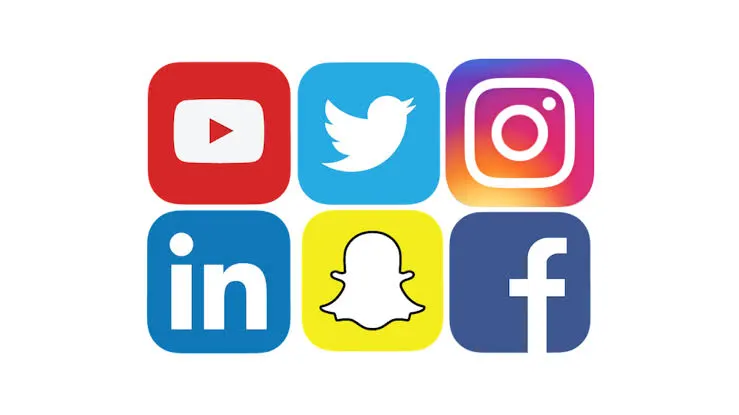By Milcah Tanimu
A recent survey by KnowBe4 reveals that 84% of Africans rely on social media for news. Alarmingly, 80% prefer Facebook. This heavy dependence raises concerns as disinformation continues to rise.
The survey highlights the urgent need for education on misinformation. With 19 African countries set to hold elections in 2024, the worries grow. Disinformation campaigns have quadrupled since 2022, often backed by foreign states like Russia and China. These campaigns lead to social instability.
KnowBe4 conducted the survey in June 2024 across five countries: Botswana, Kenya, Mauritius, Nigeria, and South Africa. It included 500 respondents. The majority, 84%, prefer social media over traditional news channels. Anna Collard, SVP Content Strategy at KnowBe4 AFRICA, stated that 80% use Facebook and over 50% use TikTok. She warned that these channels are often unreliable.
The ability to spot fake news appears exaggerated. While 82% feel confident in distinguishing true from false information, many lack formal education on the topic. Collard expressed doubt about this confidence. Other research indicates that people often overestimate their ability to detect deepfakes.
The survey shows that disinformation is a growing concern. Eighty percent of respondents worry about its negative impact. Collard noted that many in Kenya have witnessed how disinformation can cause tribal conflict. During Nigeria’s election last year, social media influencers used fake hashtags to fuel political discord.
The survey underscores the need for increased education and awareness. A significant 58% of respondents reported no training on misinformation. Alarmingly, 32% admit to ignoring fake news entirely.
Collard emphasizes a multi-faceted strategy to combat disinformation. This should include enhanced awareness, coordinated government action, and vigilant social media platforms. “Fake news is an ongoing challenge that requires continuous attention,” she stated. “We must teach people to consume media critically, especially emotionally charged content.”

Leave a Reply